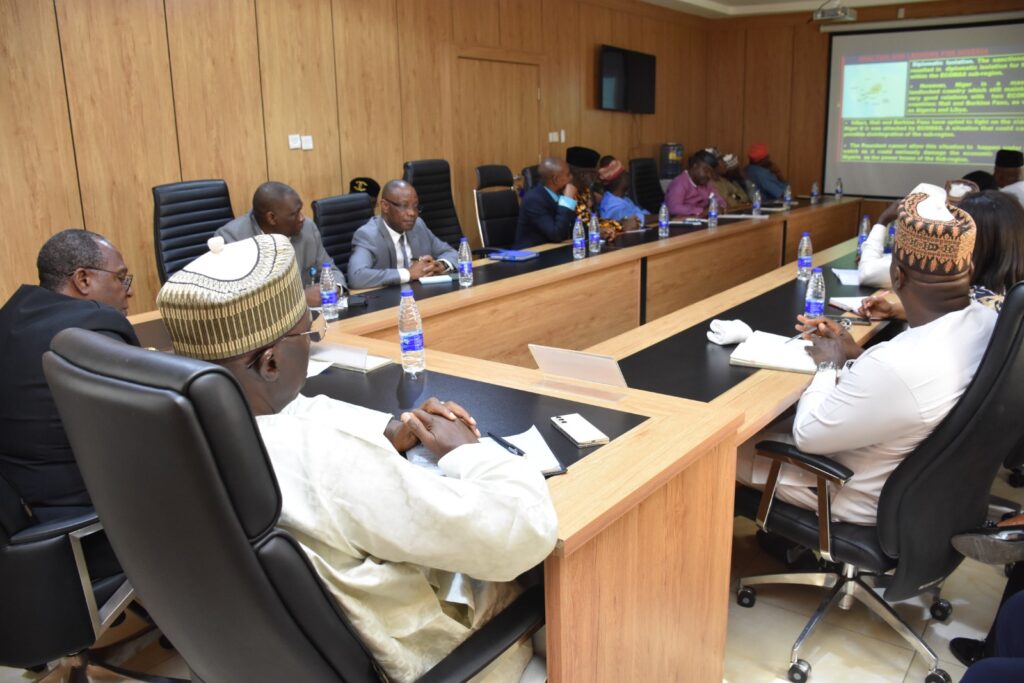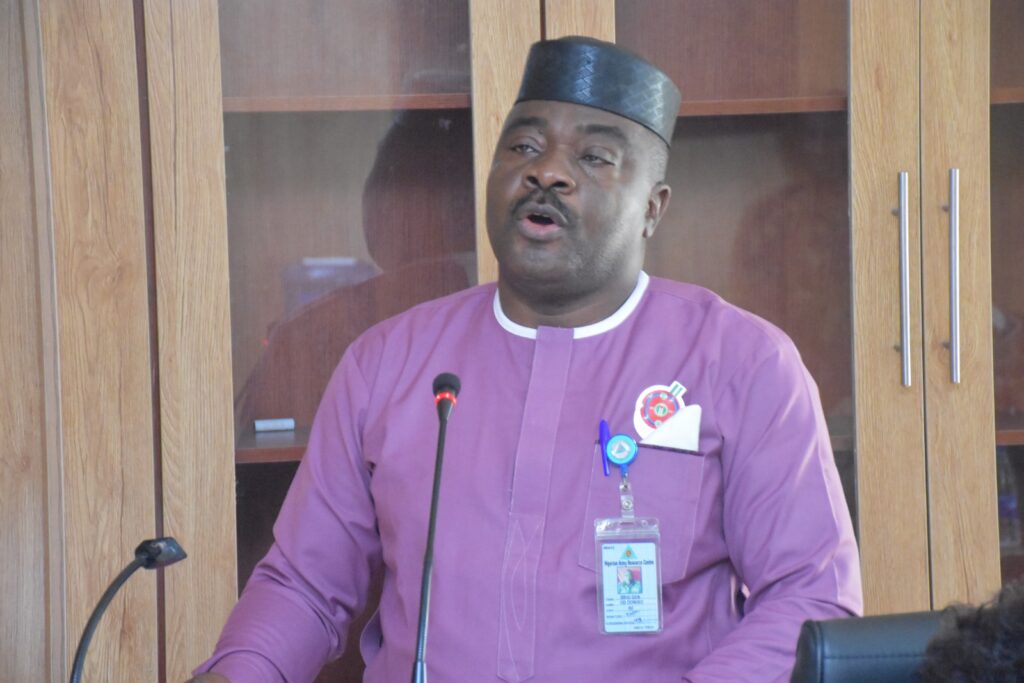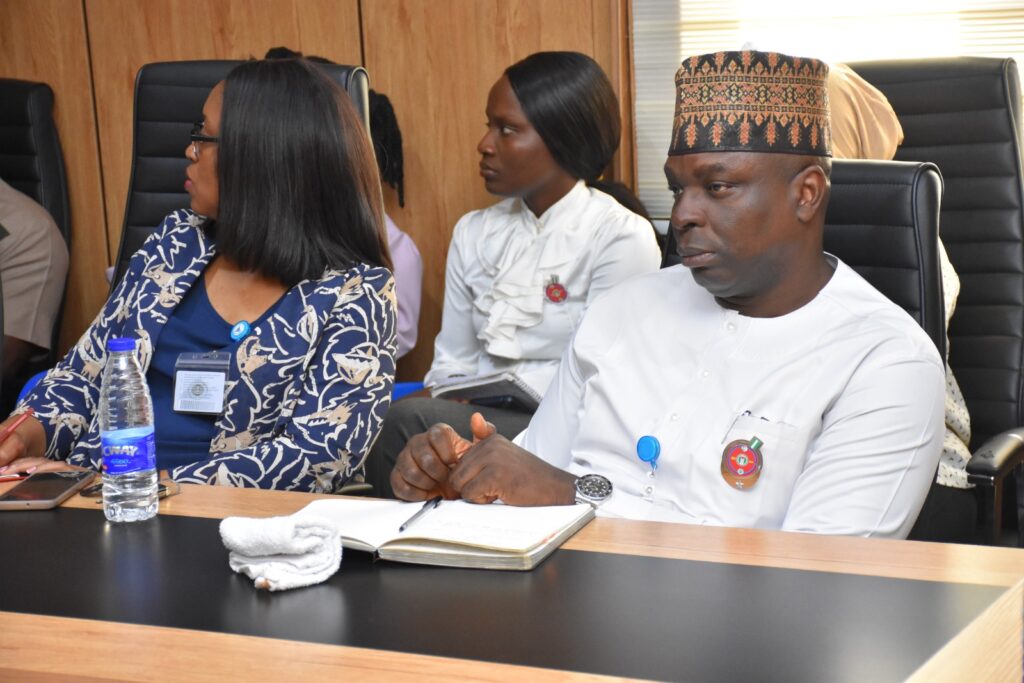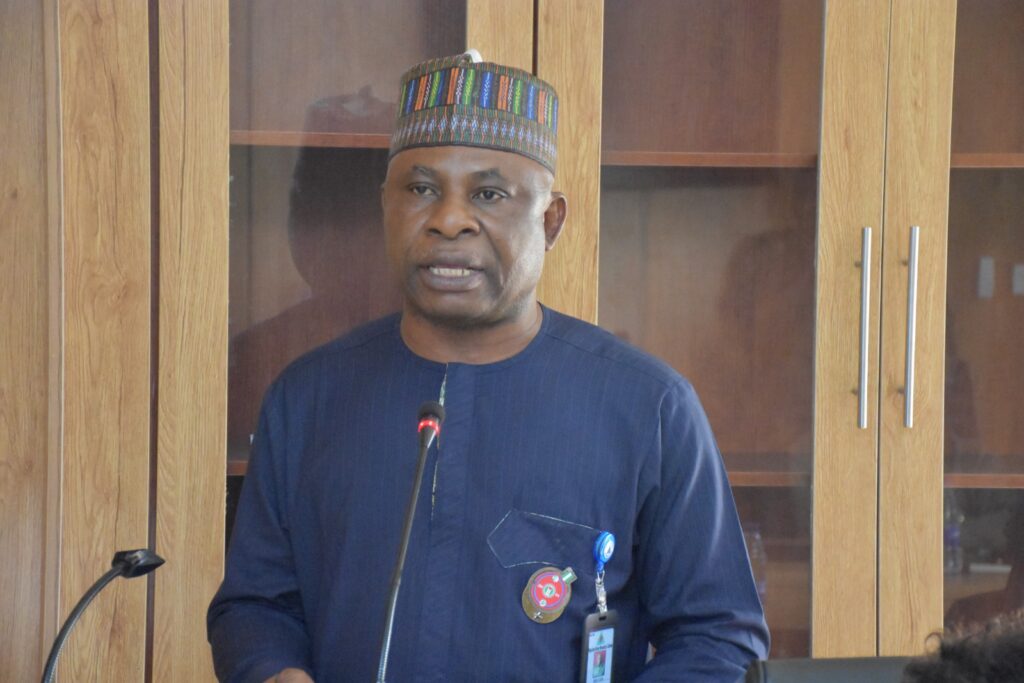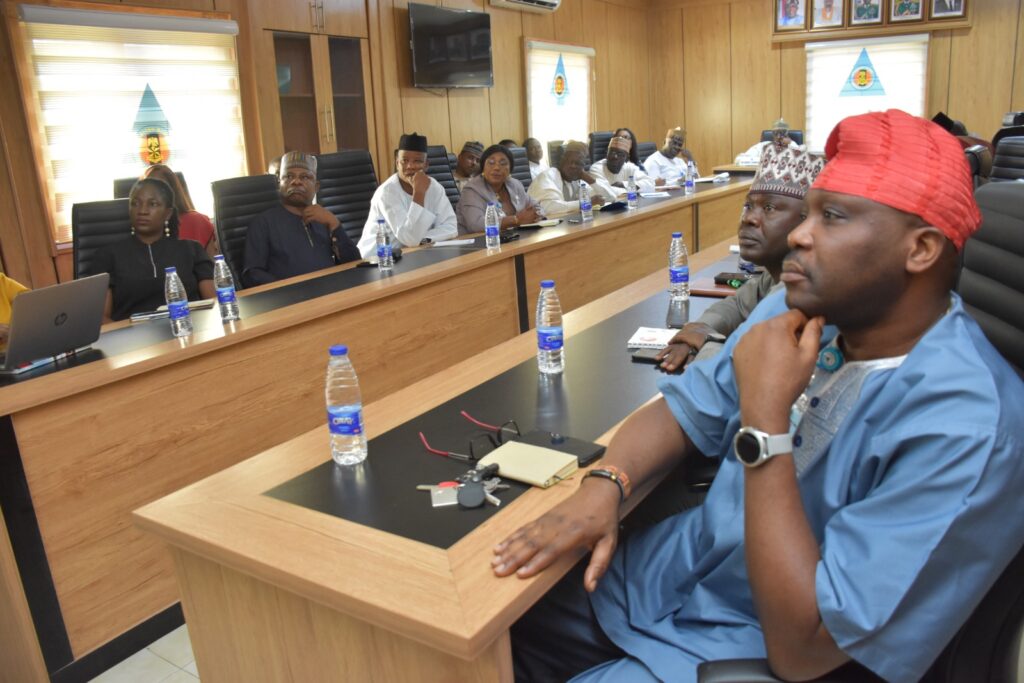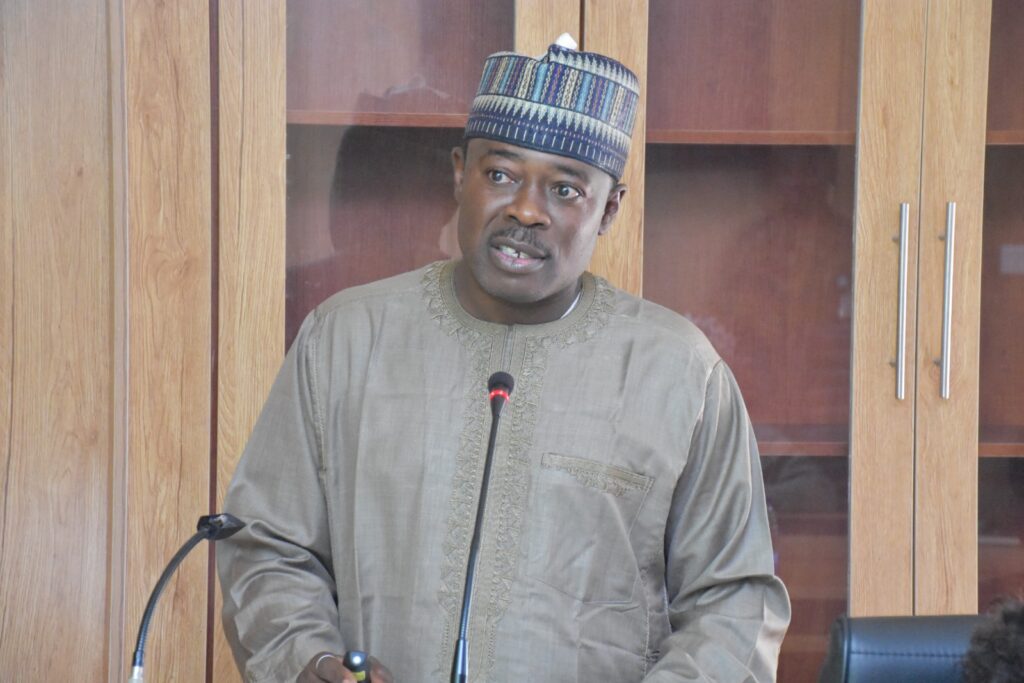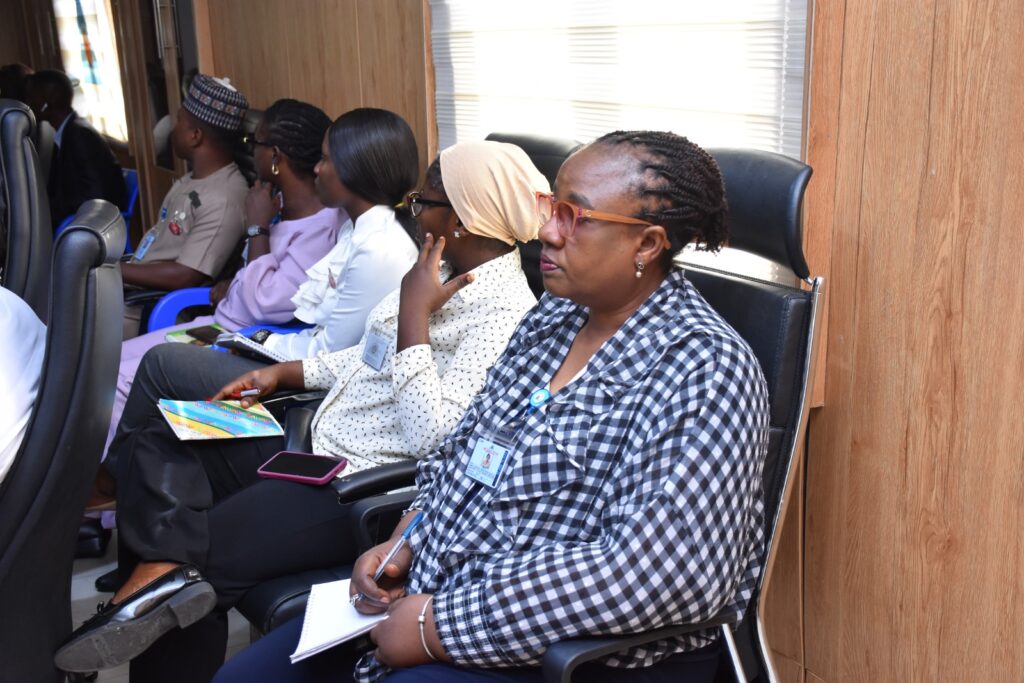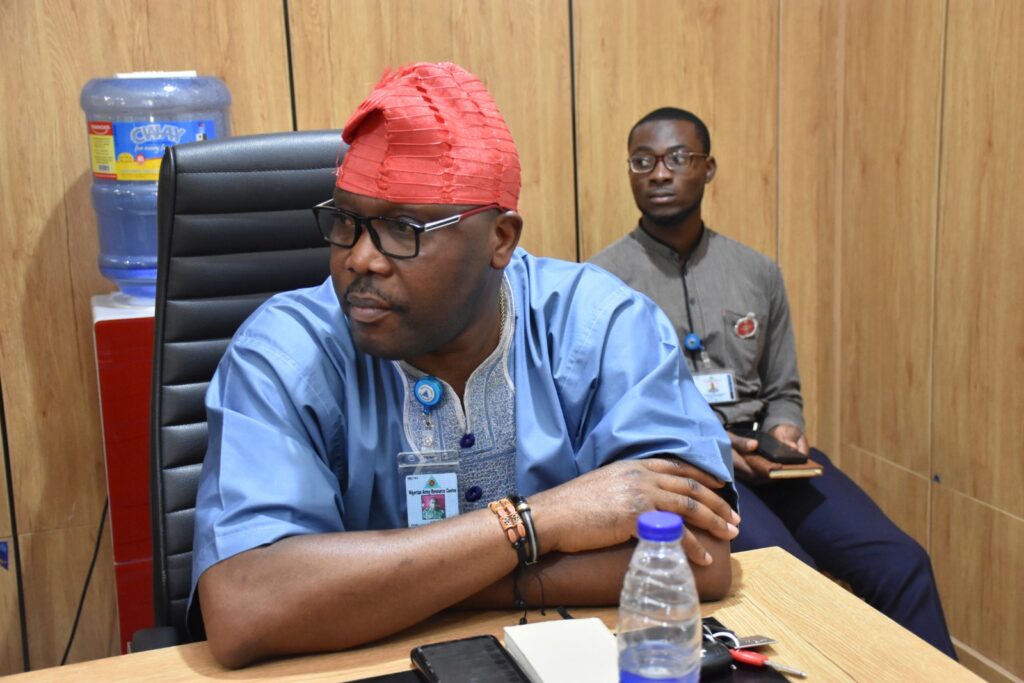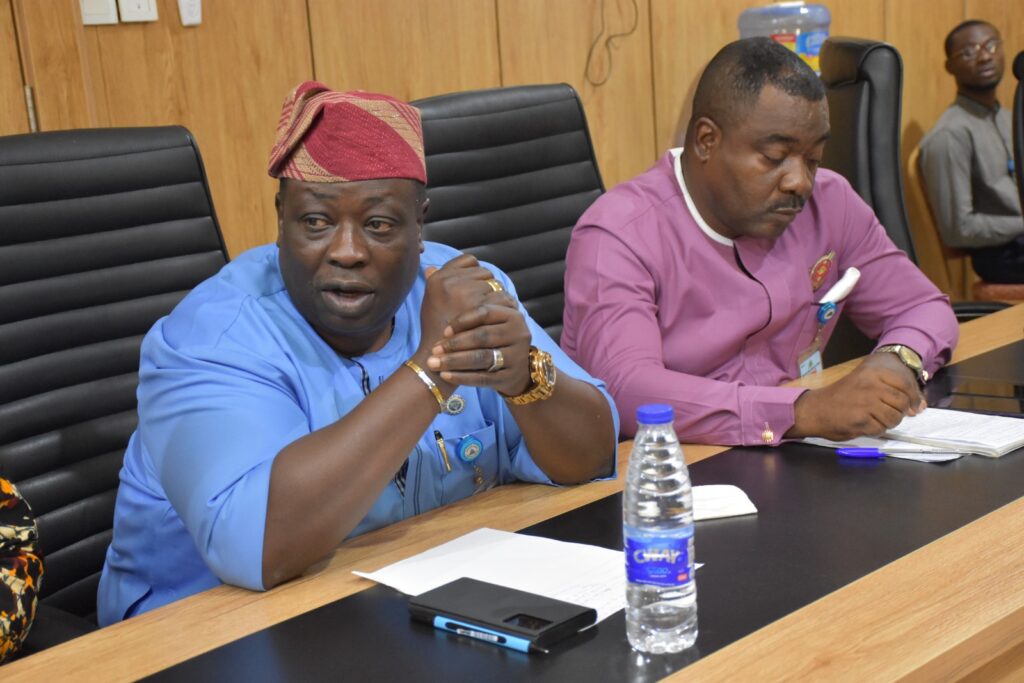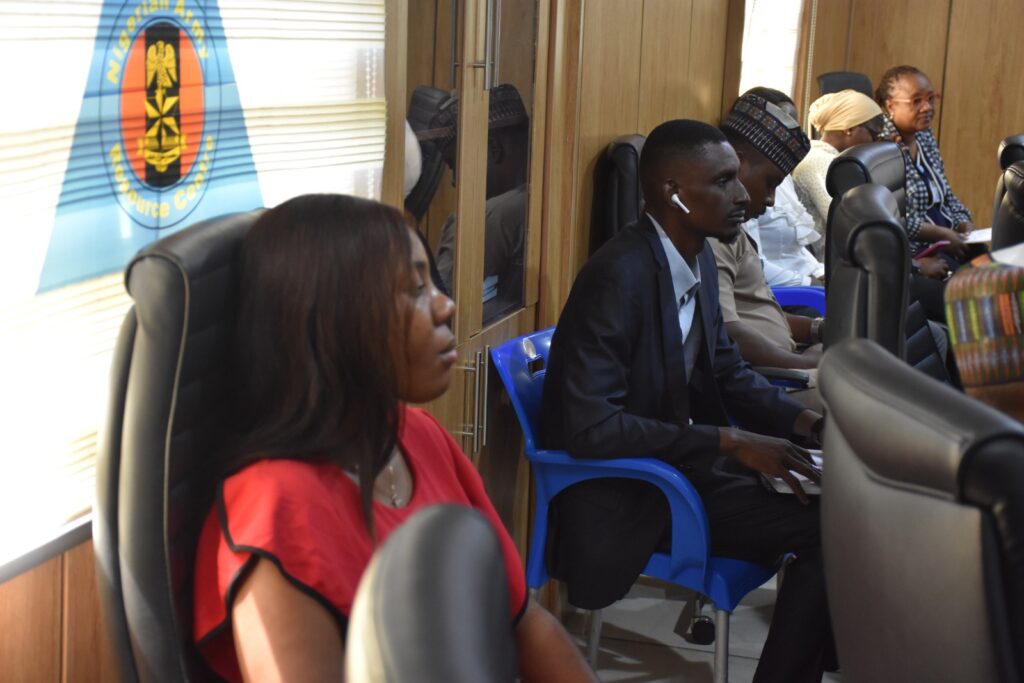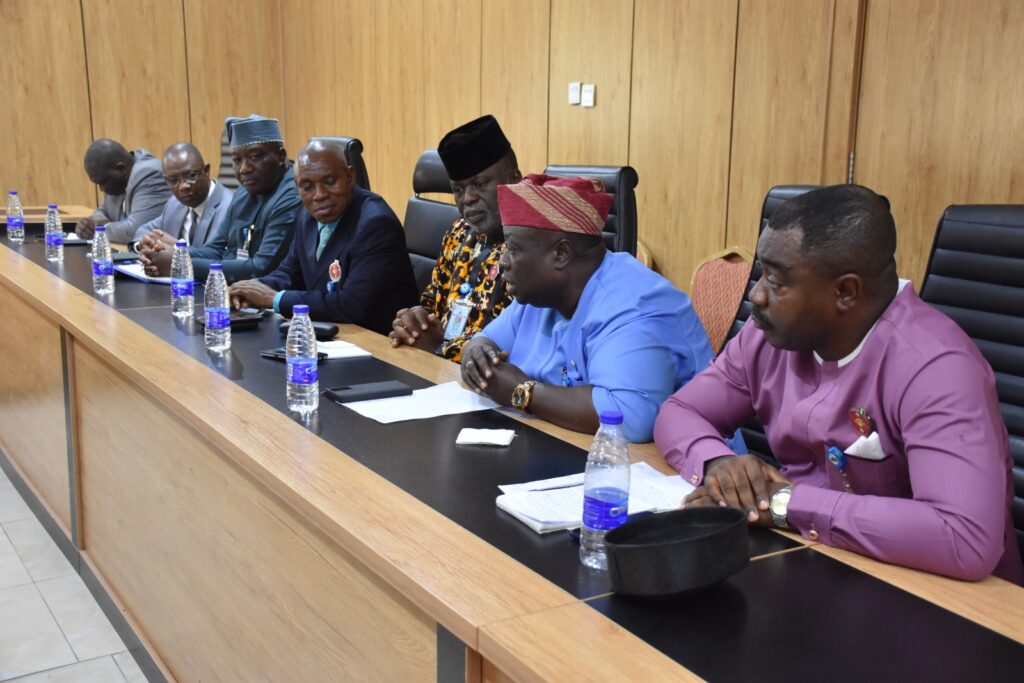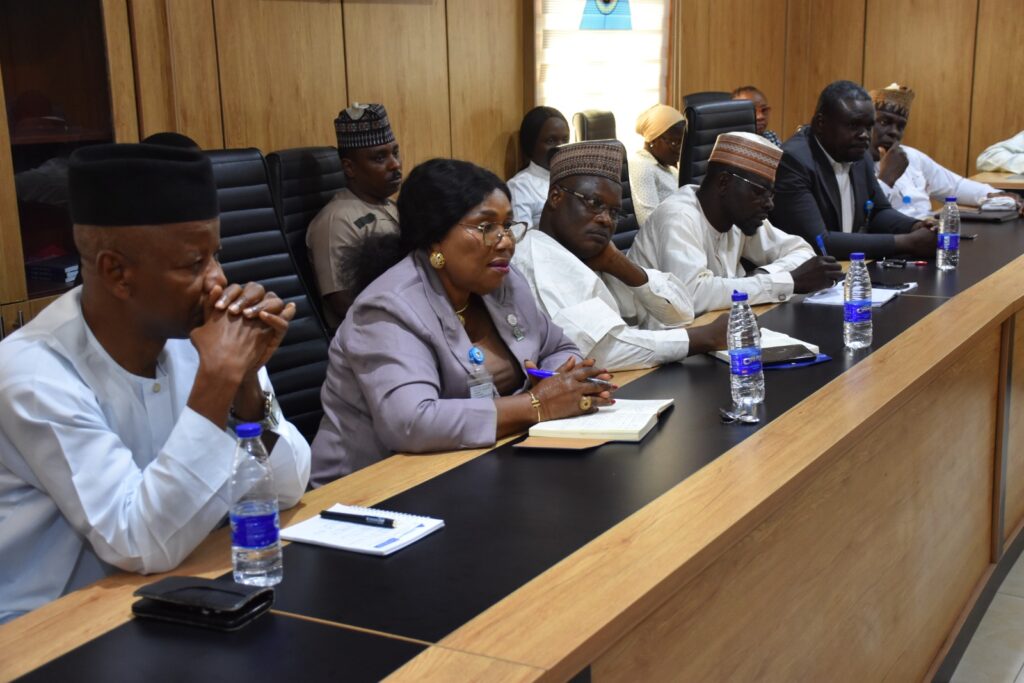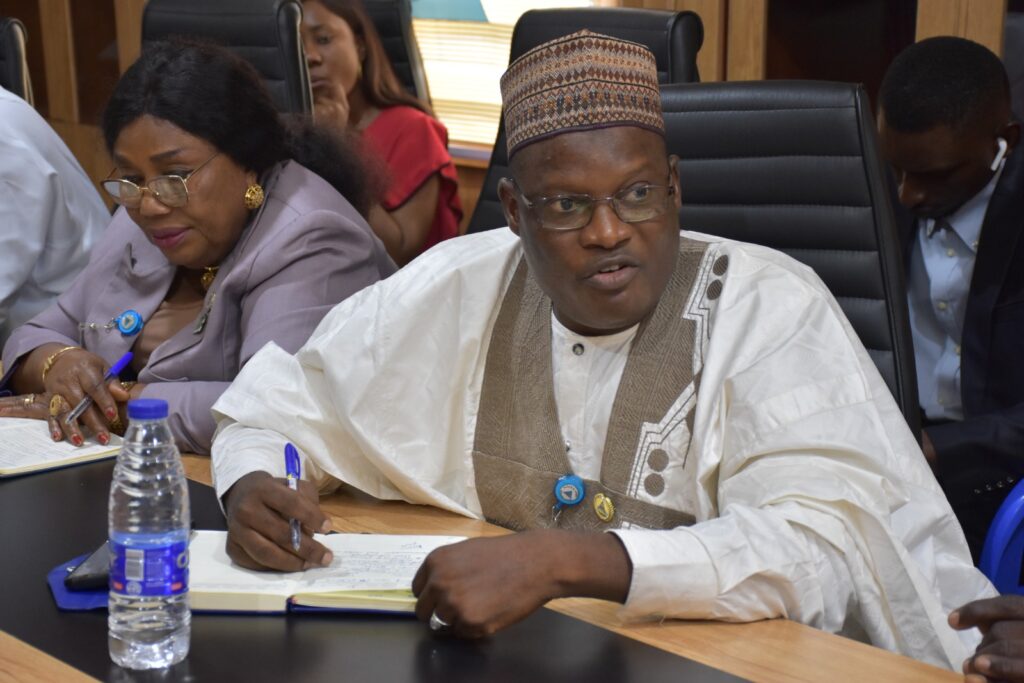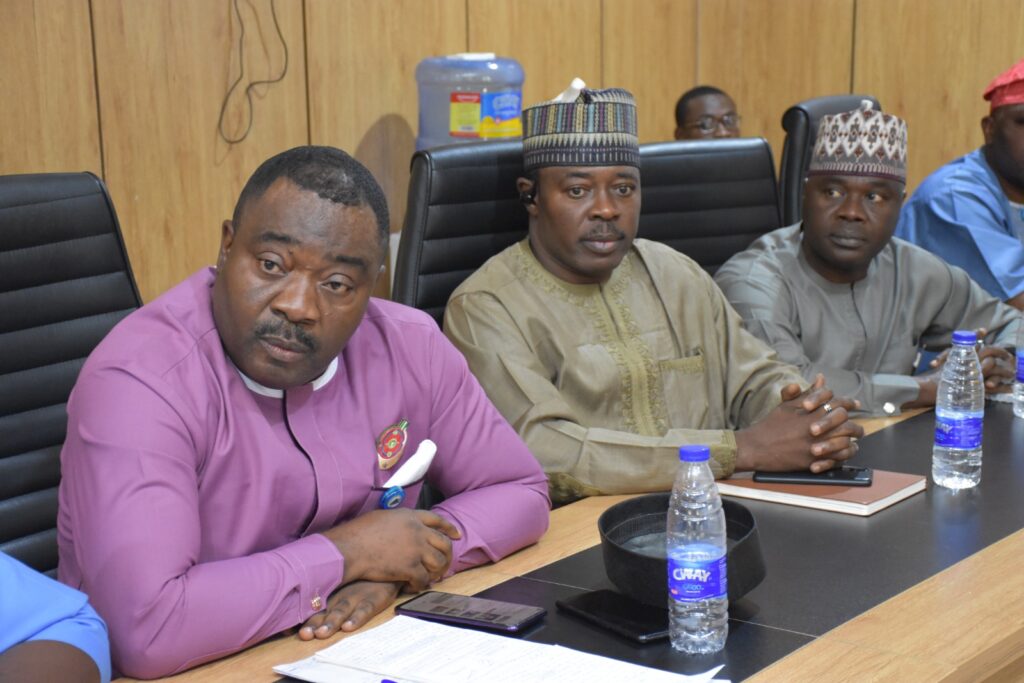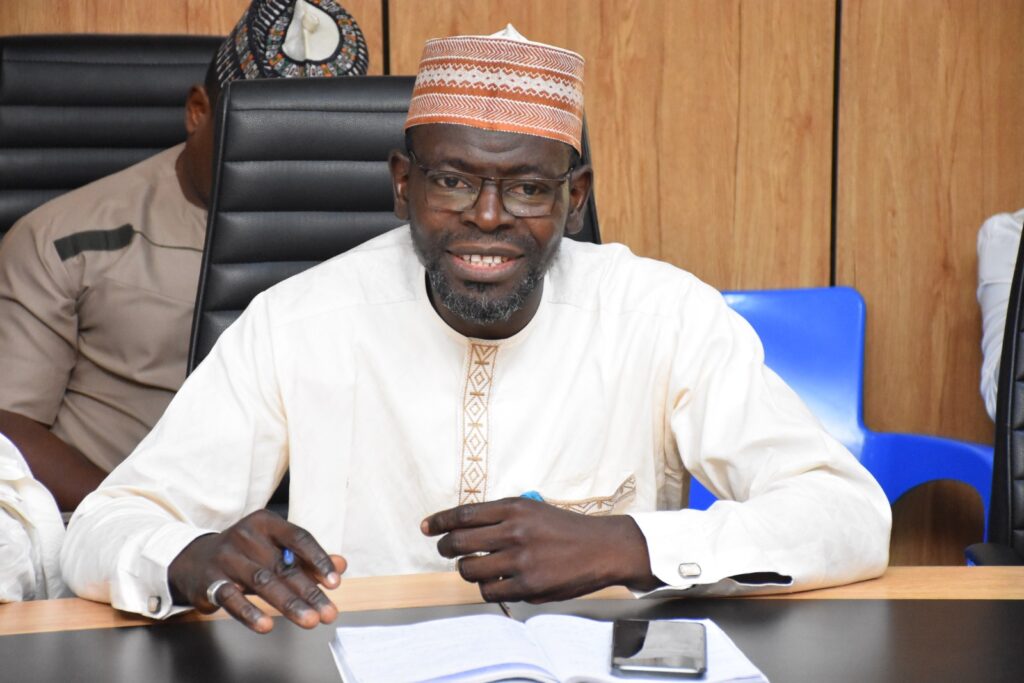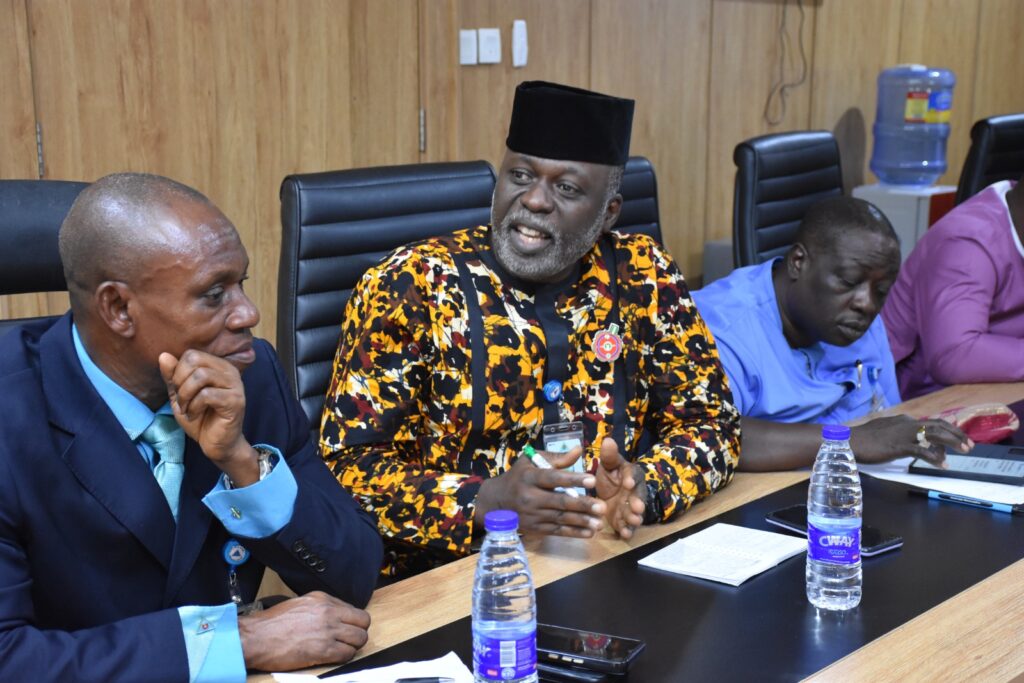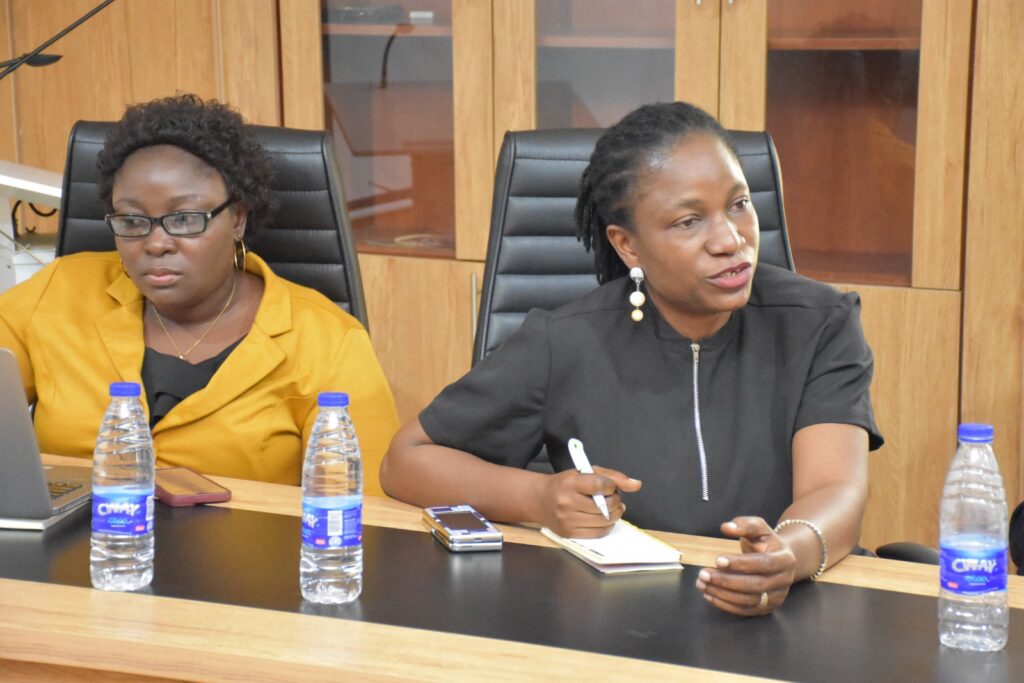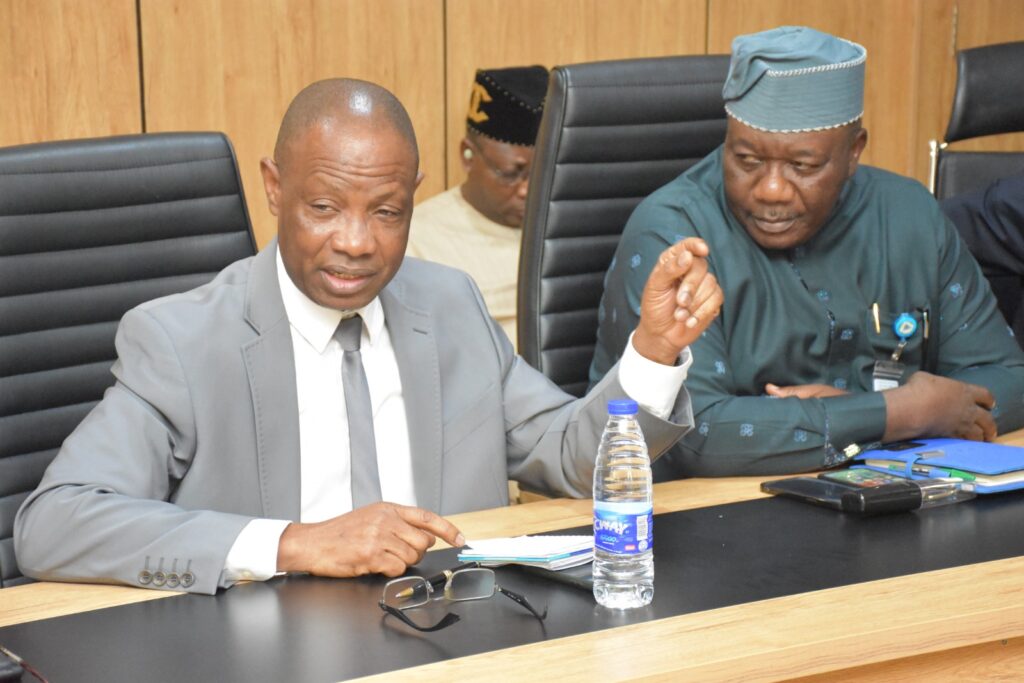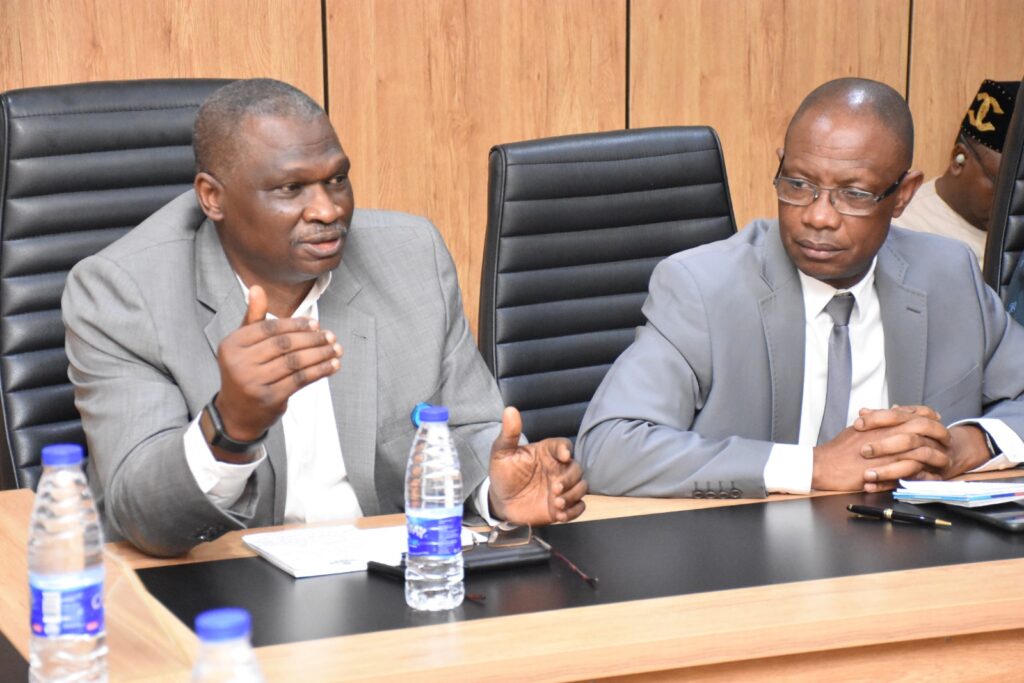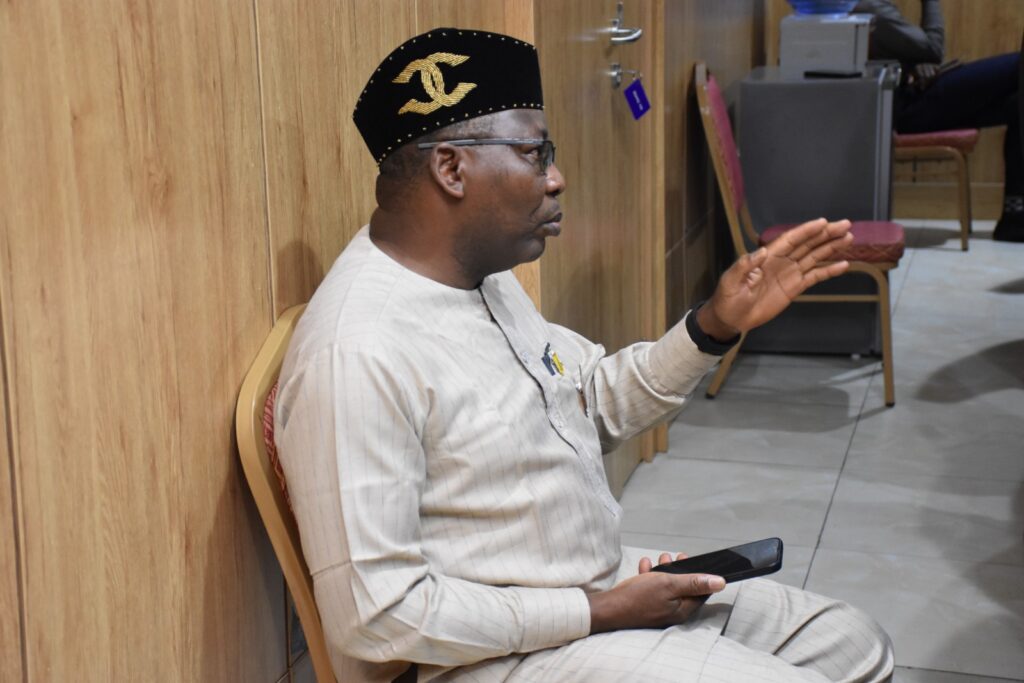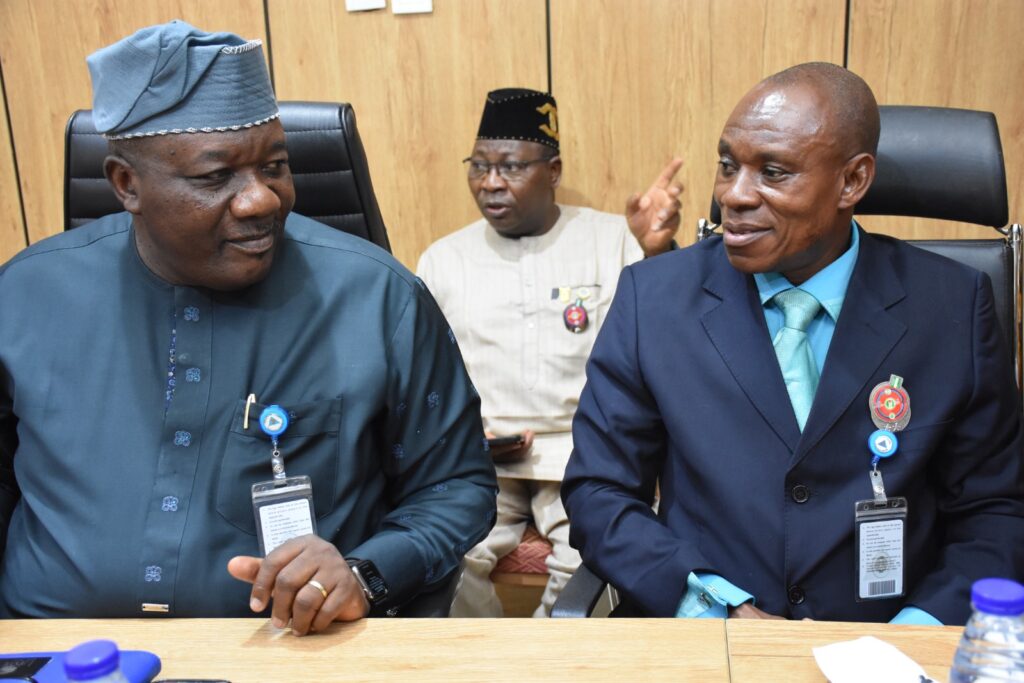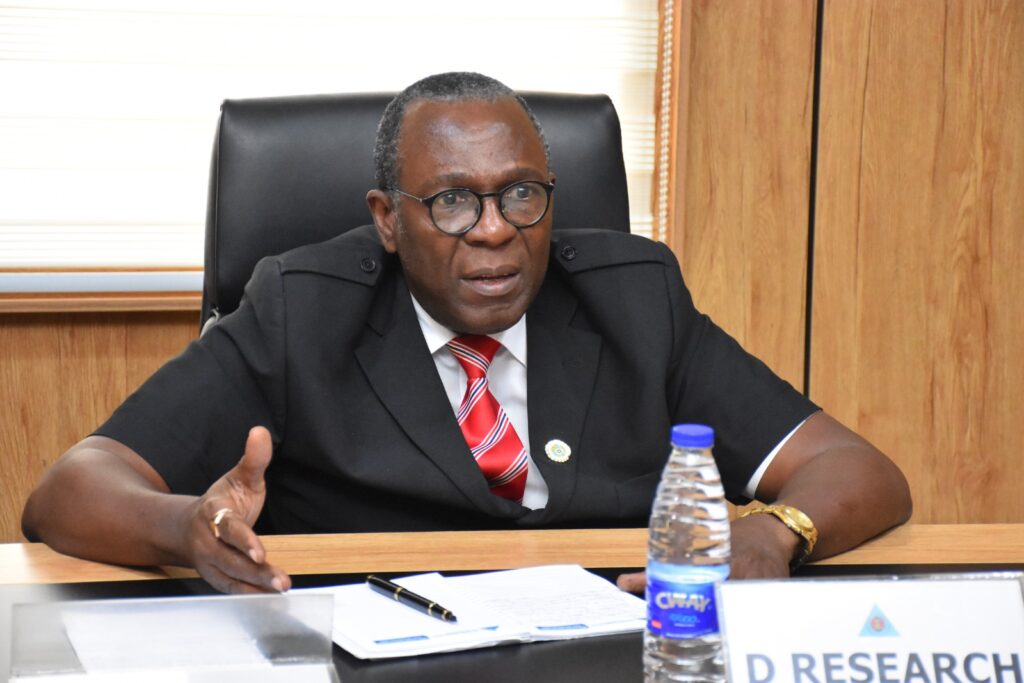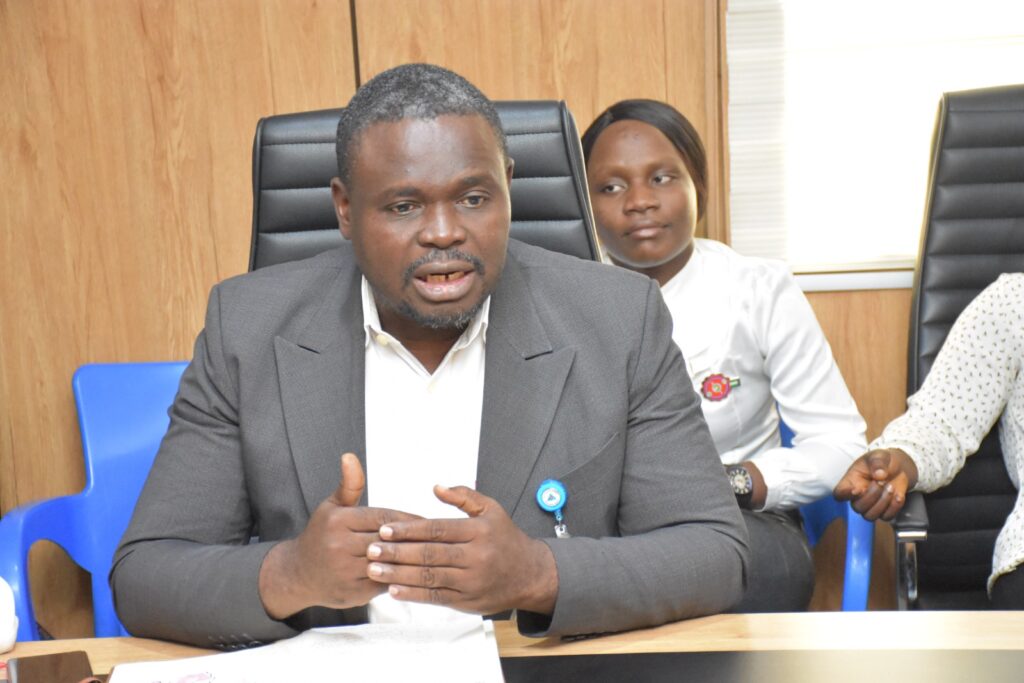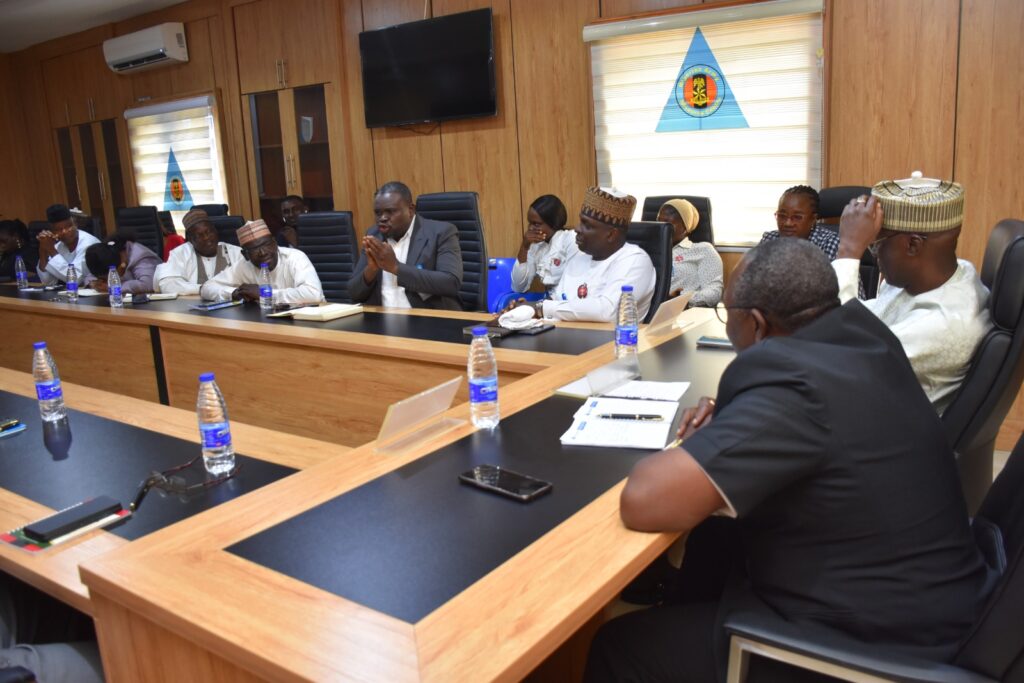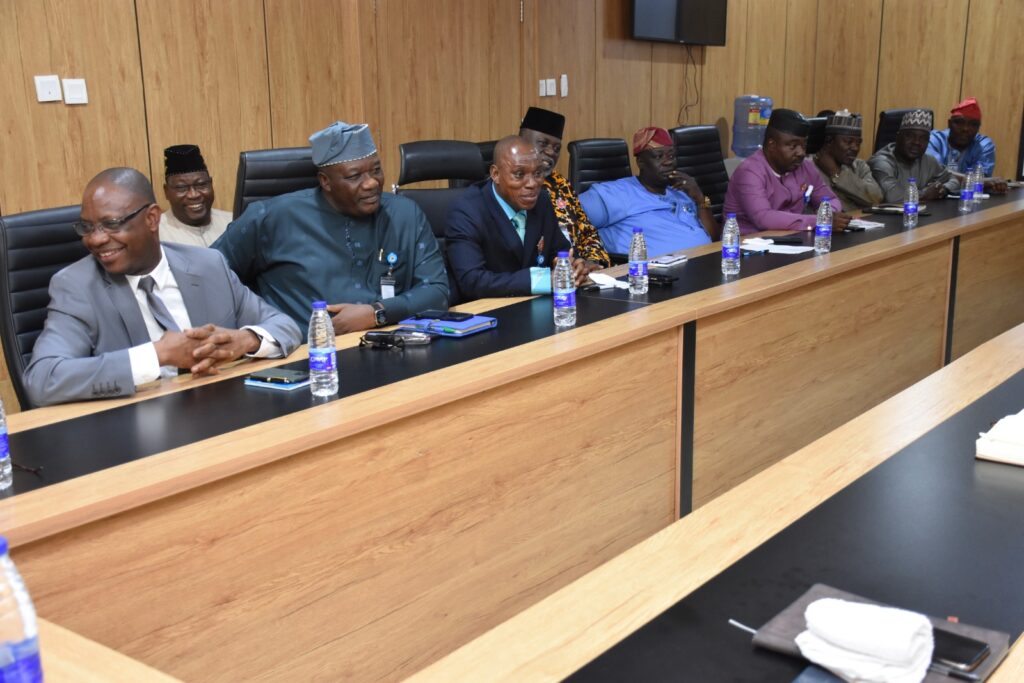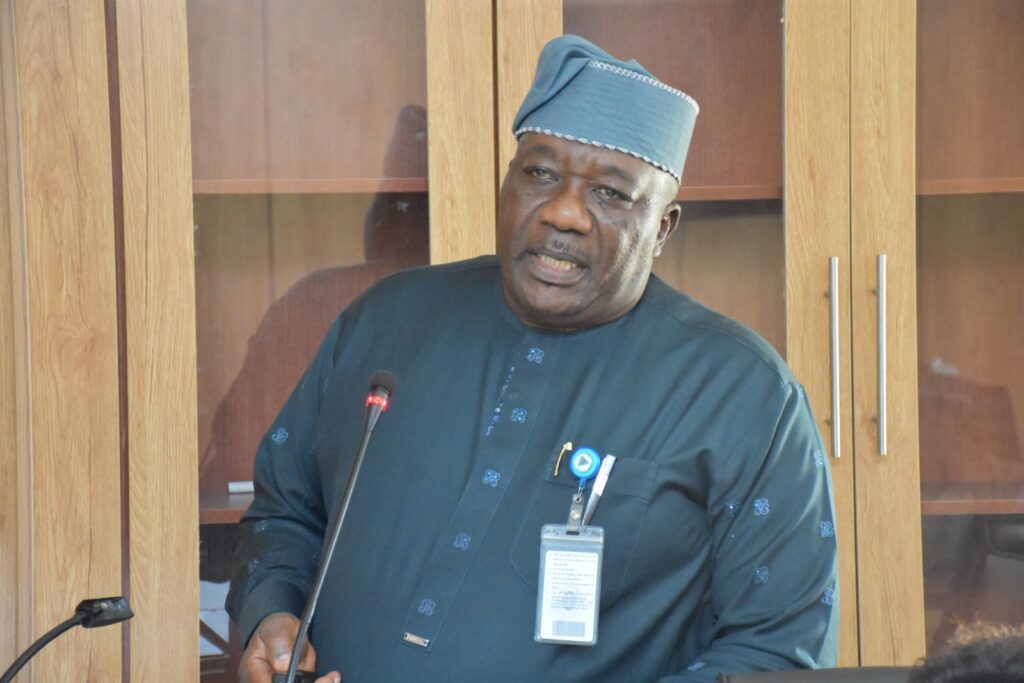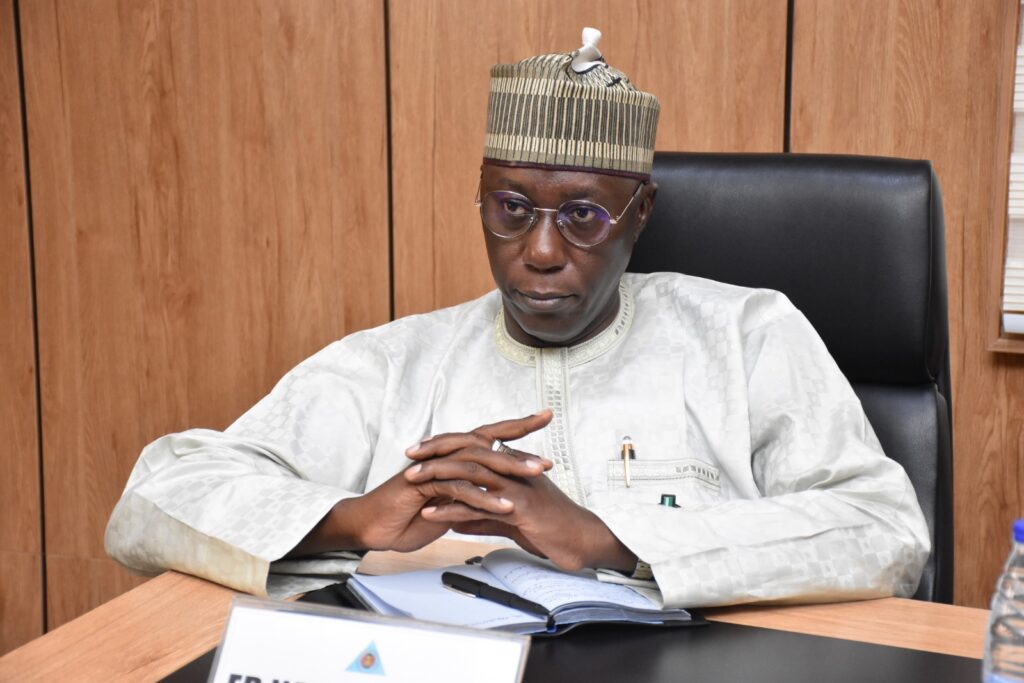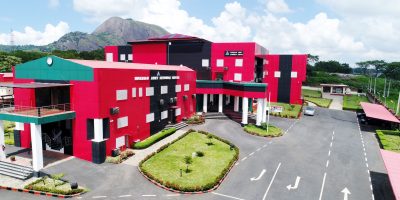Nigerian Army Resource Centre (NARC) Weekly Subject Experts’ Presentation was held at Board Room, TY Buratai Block, Abuja. There were four presentations made by the Subject Experts for the West Africa and Gulf of Guinea, Middle East, Central America and Indian Subcontinent.
The First presentation by Brig Gen ED Idimah Subject Experts Central America, his presentation Centre on First Quantum’s Panama copper mine to go into maintenance this week. Canada’s First Quantum Minerals will carry out maintenance at its Panama mine from November 23 due to coal supplies being blocked by protesters opposing the government’s contract with one of the world’s biggest and newest copper mines, two sources familiar with the discussions said on Monday. First Quantum Panama Copper Mine has suspended production at the Cobre Panama mine until coal supplies resume as the mine cannot operate without power. The suspension is as a result of protests which have escalated since the government and First Quantum signed a new contract on October 20 for Cobre Panama, which contributes 1% to global copper production and 5% to Panama’s gross domestic product. A ship with supplies for the mine was unable to dock as local boats blocked off access to the key port, the company said on Friday. In terms of production we are talking about a temporary halt because of the illegal blockade. As soon as the port reopens, we will be able to ramp production back up quickly, the company said in a statement to Reuters.
In his analysis and lesson for Nigeria, General Idimah noted that protest by citizens of Panama against the mining contract between the government of Panama and First Quantum Minerals was a significant event that raised several concerns and offers valuable lessons for Nigeria. The protest centred on the potential environmental and social impacts of the mining project, as well as the lack of transparency and public participation in the contract negotiation process.
The protest by citizens of Panama against their Government and First Quantum mines provides a few key insights for Nigeria: Firstly, it highlights the importance of inclusive and transparent decision-making processes in natural resource contracts.
He recommended that the federal government of Nigeria should engage with local communities, indigenous people and other stakeholders from the early stages of mining project and also implement robust impart assessment and make sure that mining establishments adhere strictly to sustainable mining practice.
The second presentation by Maj Gen OO Adeleke (Rtd) subject expert for West Africa and Gulf of Guinea. His presentation discussed on Ecowas Parliament seeks lifting of sanctions against Niger Republic. On 22 November, 2023, the Economic Community of West African States, ECOWAS Parliament urged the Heads of State and Government in the region to lift the sanctions imposed on the Niger Republic. The Heads of State in ECOWAS had last July imposed sanctions on the Niger Republic to protest the ouster of President Mohamed Bazoum by certain military officers led by erstwhile Presidential Guard Commander, General Abdourahamane Tchiani. The Chief Whip of the Senate, Senator Ali Ndume, who addressed journalists after the opening session of the parliament, declared that states in Nigeria, about seven of them bordering the Niger Republic, are at the receiving end of the sanctions. Ndume stated, Children and women have been exposed to untold hardship. No meaningful progress has been made in resolving this issue. We are appealing to ECOWAS states to lift the sanction and open the closed border between Niger and Nigeria because it is the poor that are suffering. Let me say this is a collective decision by concerned citizens.
In his analysis and lesson for Nigeria, Gen OO Adeleke (Rtd) pointed out that the sanctions have left the land-locked country with minimal power supply as Nigeria, whose supply accounts for 70 percent of Niger’s electricity, has cut off power supply to the country in line with the ECOWAS sanctions. Niger now has an average of one hour and 30 minutes of electricity a day and it is very difficult to be productive in such conditions. Meanwhile, a former Kaduna Central lawmaker, Shehu Sani, has berated the Economic Community of West African States (ECOWAS), under the leadership of President Bola Tinubu, for cutting the power supply to the Niger Republic.
He recommended that the Federal Government of Nigeria should prevail on ECOWAS to speedily review the sanctions against Niger and also the FGN should prioritize Nigeria’s national interest and speed up diplomatic efforts to remove sanctions on energy transactions with Niger.
The Third presentation by Brig Gen OD Donibo Subject Experts Indian Sub-continent, his presentation focused on Brics condemns Israel war on Gaza in signal to the west. On 21 Nov 23, leaders of major emerging economies called for an end to Israel’s war on Gaza on Tuesday. They further requested for a cessation of hostilities on both sides to ease the rapidly deteriorating humanitarian crisis in the Gaza strip. In a virtual meeting chaired by South African President Cyril Ramaphosa, the BRICS grouping denounced attacks on civilians in Palestine and Israel, with many leaders calling the forced displacement of Palestinians within or outside Gaza, war crimes. The Chairman’s summary read We condemn any kind of individual or mass forcible transfer and deportation also “reiterated that the forced transfer and deportation of Palestine’s from their own land. The group which did not issue a joint declaration also “reiterated that the forced transfer and deportation of Palestinians, whether inside Gaza or to neighboring countries constitute grave breaches of the Geneva conventions and War crimes and violations under International Humanitarian Law.
In his analysis and lesson for Nigeria, he noted that The BRICS grouping is made up of Brazil, Russia, India, China and South Africa; all major emerging economies looking for a greater say in a global order long dominated by the USA and its Western allies. These countries are often viewed as leaders of what is referred to in international policy speak as the Global South. The statement issued last Tuesday was however not made by just these 5 countries. As earlier in the year, the BRICS had agreed to expand and add Egypt, Ethiopia, Argentina, Saudi Arabia, the UAE and Iran as members from 2024.
He recommended that the federal government that the DHQ and all security agencies intensify efforts to identify individuals and groups with a propensity to cause religious strife, for proper monitoring and surveillance.
The four presentation by Brig Gen NA Mohammed Subject Experts Middle East, his presentation focused on A UAE Company has secured African land the size of the UK for controversial carbon offset projects. On 23 November 2023, Zimbabwe completed the signing away control over a staggering amount of land almost 20% of its country to a little-known foreign company. The Dubai-based Blue Carbon has secured forested land nearly equivalent to the size of the United Kingdom across five African nations to run projects to conserve forests that might otherwise be logged, preventing huge amounts of planet-heating carbon dioxide, or CO2, from entering the atmosphere Blue Carbon can then use that conservation to create carbon credits to sell to companies and governments to “offset” the climate pollution they generate while they continue to burn planet-warming fossil fuels.
In his analysis and lessons for Nigeria, General Mohammed pointed that Nigeria should Never has a COP, which is hosted by a different city each year, had so many apparent conflicts of interest. Not only is Al Jaber wearing leadership hats for climate and fossil fuels, but Blue Carbon is so intertwined with the nation’s royals and rulers, it’s difficult to separate its promotion of carbon offsets from the UAE’s interest in continuing fossil fuel production And it will be in Dubai, at COP28, where the rules of how to buy and sell these very carbon credits will be decided. It’s not a big surprise that so many countries have signed up to work with Blue Carbon.
He recommended that FGN through Federal Ministry of Agriculture and Rural Development to play a leadership role by setting up and supporting several institutions and agencies that interface with the state and local governments in building capacity and delivering knowledge and relevant skills at the community level.
